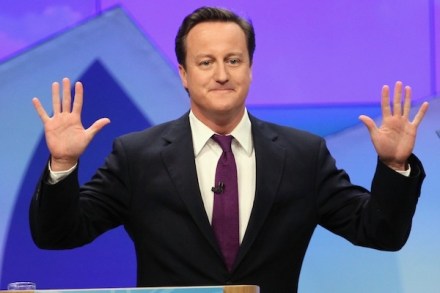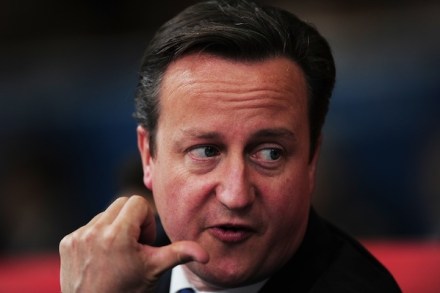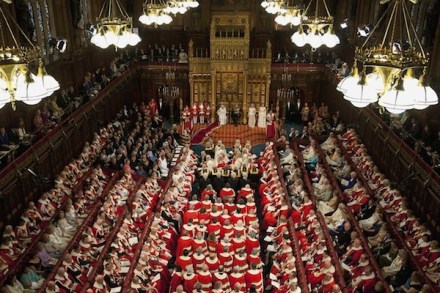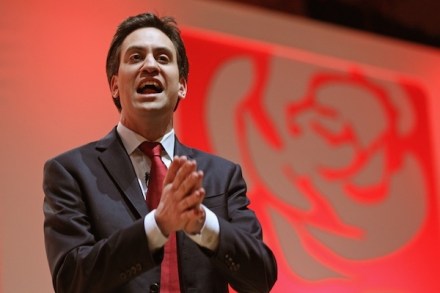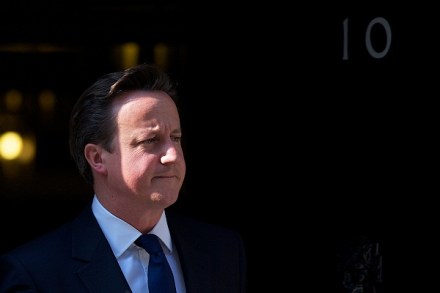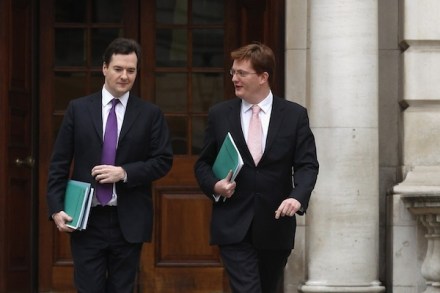A nice new row for the coalition
When Nick Clegg announced he was giving up the struggle on House of Lords reform, he named a number of policy areas that could fill the huge legislative void left by the collapse of the plans to overhaul the upper chamber. One of them was banking, and the Deputy Prime Minister told journalists it might be worth examining whether it was possible to go further than the Vickers proposals on this area. Today’s Financial Times fleshes out what going further might entail. Vickers had originally proposed banning the retail operation of a bank from selling interest rate and currency swaps, but this was dropped in the white paper on banking


